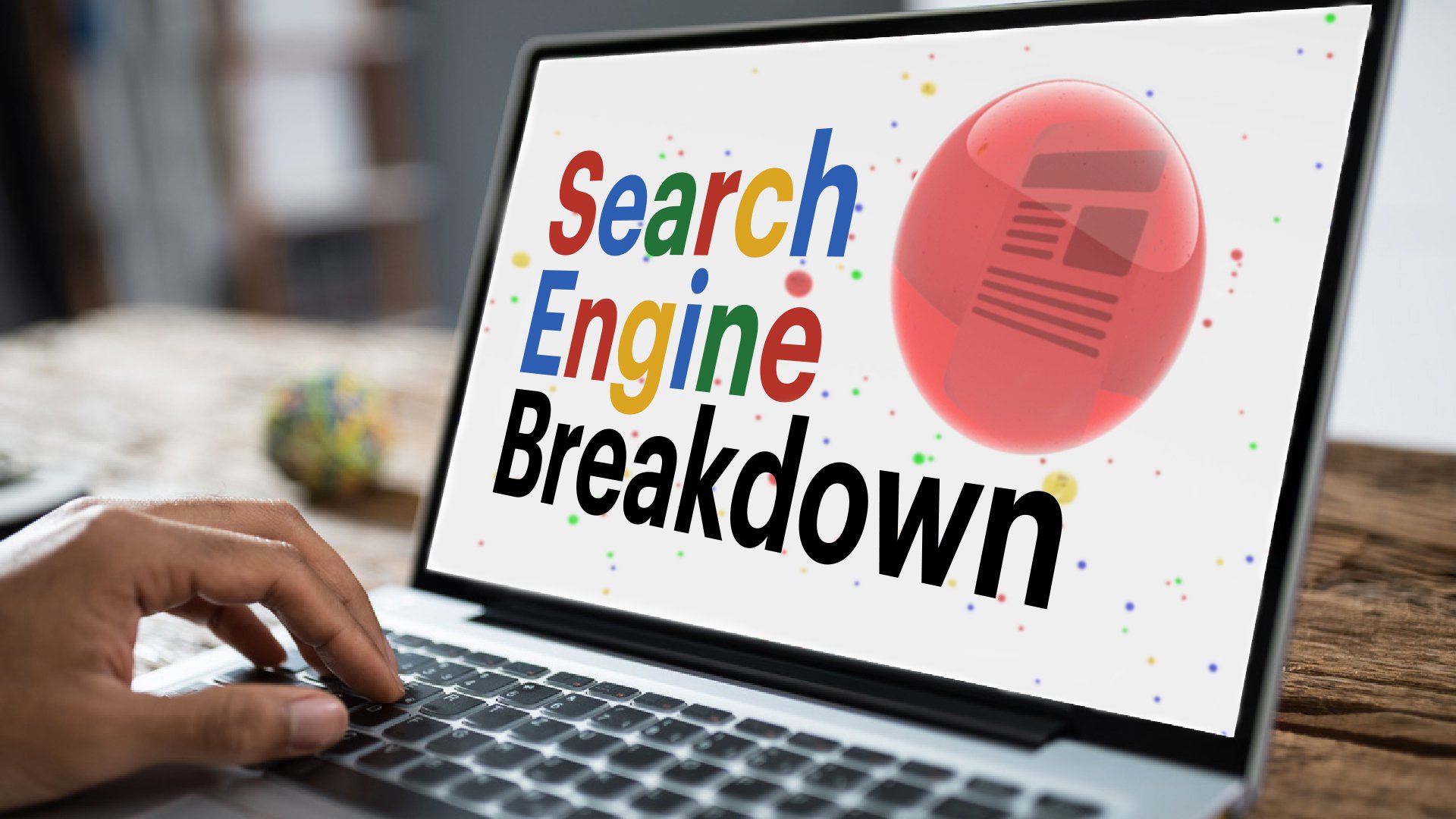Secretary of Energy Steven Chu
Physicist Steven Chu is in a position to shape energy policies for the Obama administration. In the spring of 2008, while Chu was Director of the Lawrence Berkeley National Laboratory and did not know about his future post, NOVA spoke with him about California's aggressive clean-energy initiatives. Hear what Chu had to say about California's controversial policies, global warming, nuclear power, and more.

CLEAR AND PRESENT DANGER
NOVA: Is climate change a grave threat to the world?
Steven Chu: If we continue to put CO2 in the atmosphere the way we're doing, I think there's a high probability that some very tragic things might happen. We are looking towards increased water shortages around the world, a decrease in the agricultural productivity in many places, especially, most critically, in the developing countries of the world. There would be political instabilities, as there would be rising sea levels that would force permanent migration for tens of millions of people. We cannot really take those risks.
Is CO2 accumulating faster than we once thought it was?
Our projections two to five or 10 years ago, even the most pessimistic predictions, now seem too conservative. We did not expect that developing countries, especially China, would be increasing the amount of CO2 as much as they have. Deforestation has accelerated, and chopping down tropical rain forests is the equivalent of putting more CO2 in the atmosphere. So this is very troubling.
"In the United States, buildings account for close to 40 percent of our total energy consumption."
Should we reduce our energy use or turn to alternative sources of energy that don't emit carbon?
You have to do both. You can't conserve your way out of this problem. Nor can you rely on magical new sources of carbon-free energy to get out of this problem. The lowest-hanging fruit for the next several decades will be in the more efficient use of energy. That's where the biggest gains are going to be.
Some people, even some scientists who recognize the threats of global warming, say, "We should really throw our resources at mitigation—for instance, building floodwalls—because trying to stop climate change is a) unbelievably expensive, and b) almost impossible." How do you respond?
There is a debate about whether you want to put your resources into trying to prevent as much as possible climate change or just throw in the towel and say, "This is going to happen, and so let's put our resources into mitigation." Well, I think we are going to have to put some resources into mitigation because, quite frankly, our climate is changing. Most climate modelers believe there's at least one degree built into the system even if all humanity stops emitting carbon today.
But I personally think there is no comparison in terms of the amount of investment. You'd rather do some preventive things than pay for the consequences. It really boils down to that.
CALIFORNIA'S CHALLENGE
Why is global warming of particular concern to California?
California is in a unique position. First, it may suffer the consequences of climate change earlier than other parts of the United States. There's a very sobering prediction that the continual water problem that we have will become much worse. The snow pack in California, a major part of our water-storage system, will decrease anywhere from 30 to 90 percent or more. This will have a profound impact on California. If these predictions come true, much of our agriculture in California will have to move away.
So are farmers in the big valleys right to be worried?
When push comes to shove, people in the cities will have to get drinking water. There will have to be a readjustment of the water allocations in agriculture. So, their livelihood is at stake.
How do you see the impact on agriculture unfolding?
If the water available to the Central Valley—which, by the way, produces 20 percent of all the agricultural goods in the United States—is less available for agriculture, some of the very water-intensive crops, like cotton and rice, will have to go. Quite frankly, perhaps we should think about that now, today. But, more worrisome, many other crops may have to go as well, if we're really talking about a decrease in the water supply by factors of two or four.
The Central Valley really is a desert. Without irrigation, you've got a problem. In the coastal areas, there is a little bit of moderation. High-quality wines will probably be the last to go.
"If we want to get 30 percent of our electricity from sources like wind or solar energy, we need to solve the energy-storage problem."
Is California on the right track with its energy policies?
The wonderful thing about California is that the entire state is engaged in the climate-change problem. Both sides of the aisle, the Republicans and the Democrats, know there's a problem. They're willing to invest resources. The electorate is behind this. California has, over the last several decades, shown a real leadership position in energy efficiency. It is beginning to show a leadership position in transferring its energy sources to renewable energies.
It is leading the United States, and quite frankly, even though the bulk of the United States is behind the developed world, I think California in many respects is partially leading the world. It's wonderful to be director of a major research lab that wants to work on this energy problem in a state that is so receptive to this work.
Why do you think California is out in the lead?
I don't really know why California's taken the lead. If you look historically, maybe it's part of the cowboy, Wild West, Gold Rush mentality. But it goes much beyond that. If you look at what has happened in California—the creation of Silicon Valley, the semiconductor industry, the Internet industry, the computer industry, green technologies, as well as the biotechnology industry—it's been a leader in all of these. It's been the creator, essentially, of these industries, not only in the United States, but around the world.
Does California have a history of progressive energy policies?
California has a history of very progressive energy policies. During the first oil crisis, it really took note. It started to introduce appliance standards for refrigerators, heaters, gas furnaces, air conditioners. It instituted better building regulations and insulation standards, tighter windows. Now, double-paned windows in residential houses are mandatory. Our residential and commercial building standards in insulation, I believe, are as good or better than [those in] just about any other state in the country, even though we have a very temperate climate.
Since the middle 1970s, California's electricity consumption per person has remained essentially flat. The rest of the United States, excluding California, went up something on the order of 60 percent. Now, Californians want to reduce the amount of electricity consumption per person, and I think we can do this. We also want to reduce the amount of electricity generated by carbon sources, and we will do this.
Can California, and the country at large, make buildings much more energy-efficient than they are?
The lower hanging fruit is already being captured in California. The compact fluorescent light bulbs, which largely came out of this laboratory, the double-paned windows with the infrared coatings, which also came out of Lawrence Berkeley Lab. The insulation standards, all of those things, are being captured today.
But we can look forward to a different era where we integrate the whole design of the building, and the building can actually regulate its energy consumption, depending on what's happening on the outside.
We are working towards decreasing the energy consumption of buildings not by 20, 30 percent but by factors of two or four or more. It's like the Prius or the compact hybrids of Honda. Did they invent a new motor, a new battery, a brake? No. What they did was integrate a system. So, for instance, when you brake on a Prius, you transfer the energy back into a battery that you can then use to start the car.
"If I compare the downsides of coal versus nuclear, I have to say I'd rather see renewed investment in nuclear power"
In the United States, buildings account for close to 40 percent of our total energy consumption. If we can reduce the amount of energy that buildings use by a factor of two, this will have a huge impact on electricity consumption. And I really think we can do a factor of four or five. That's a target I believe we can reach in a few decades.
Can something like new refrigerator standards really matter?
When you look at something like better refrigerator standards, you might think, "Oh, how can that be significant?" But if you compare the energy consumption of refrigerators in the 1970s to what refrigerators consume today, and you multiply that by the number of refrigerators in the country, the amount of electricity saved is almost comparable to all of the United States' hydroelectric power.
Let me remind you that hydroelectric power is the largest renewable energy source. It's roughly four percent of the electricity generation in the United States. All the other renewables—wind, solar thermal, etc.—constitute three percent.
HOW RISKY IS CALIFORNIA'S GAMBLE?
Are California's energy and greenhouse-gas policies too aggressive?
People might say, "Are California's policies too aggressive? [Their goals] can't be met." I have to say, it may be so, but I'm fully in favor of these goals. I love it. Now we can set these goals and say, "Maybe we won't get there. But, we can get 2/3 of the way there." Even halfway there would be such a strong statement. I think that's very important.
Optimistically, as a scientist, you also have to believe that you can do these things, and to set a modest goal really is, quite frankly, not as much intellectual fun. But in the end, we actually need [to meet] these goals by mid-century. So the goals that California's setting are things that we actually do need to deliver on.
Having these very aggressive goals is actually a very good stimulus. I have a lab full of scientists who believe in these goals. And they want to deliver.
Some economists say California's policies are going to raise energy prices substantially, and subsequently raise the price of everything. Possible?
When people say the economic consequences of California's policies will drive up prices, is that possible? Yes. Absolutely possible. Probable. However—and this is where California and the political will of the people of California is so important—they are willing to do this and to set a leadership position in the United States and the world.
Now, having said that, we don't really know what the prices are gonna be. If you look historically at what people said about appliance efficiency, "If you make the refrigerators 20 percent more efficient, then the price will go up." Well, the refrigerators became a factor of four more efficient and, inflation-adjusted, the price went down by a factor of two.
The same was said about seat belts, about catalytic converters for smog—that these prices would drive people crazy, that American car owners would not be able to afford it. When all is said and done, the engineers were amazingly good at keeping the prices down.
I think the moral of this story is, if you try to fight these new standards, these new ideas, by lobbying against them because some industries will feel threatened, as long as the lawyers and the lobbyists are part of this, progress isn't gonna be made. As soon as both sides of the aisle, the Republicans and the Democrats, say, "Sorry, it's gonna happen," it's then assigned to the engineers. And then progress is made.
"Just as science enabled us to forestall mass starvations at the beginning of the 20th century, we need science to find carbon-free sources of energy."
So you don't think that higher energy costs will cripple businesses?
I think the cost of energy will not cripple business. I think the cost of energy, slight increase in the cost of energy, will actually stimulate a lot of innovation. Quite frankly, the Bay area sees this as an incredible worldwide business opportunity. Just as it led in the computer industry, in the biotech industry, now we believe we can lead in the green-tech industries that could help save the world.
The United States should realize this as a credible business opportunity. We have incredible intellectual capital in the United States. Why should we drag our feet and say, "We don't wanna do this." Why don't we say, with some regulations that will prompt us to say, "We can go find the solutions. And not only that, we can export it to the rest of the world."
SOLAR, WIND, AND NUCLEAR
Is California ready to turn to renewable energy—wind, solar, geothermal—to provide base load electrical power?
No, it's not there yet. We need to solve the problem of energy distribution and energy storage before renewables becomes, for example, 50 percent of the base load electricity. There's no way it can become 50 percent until we have a mass-energy storage system or a huge international or national distribution system.
Yet aren't you pro-renewables?
I am pro-renewables. Absolutely, because I think we can solve these technological problems. I think we can solve them in one or two decades.
California currently buys about 30 percent of its electricity from coal-generated plants. We know this. And California's new regulations want to wean us away from this. We need to do it. But if we want to get 30 percent of our electricity from sources like wind or solar energy, we need to solve the energy-storage problem.
Could nuclear power help ease the transition to the time when we can rely more on solar and wind? Should California reconsider investing in nuclear power?
The debate as to whether you want to begin to reinvest in nuclear power generation should be brought back on the table. If you consider the options for base load generation of electricity in California, there's coal, there's gas, and there's nuclear energy. If I compare the downsides of coal versus nuclear, I have to say I'd rather see renewed investment in nuclear power plant generation of electricity in this century than to build more coal plants. There's no question in my mind, that's the lesser of the two evils.
STAYING HOPEFUL
Why is investing in science and science education important?
If you look ahead, if we're gonna get a solution to the climate problem, the energy problem, science has to deliver the answers. Just as science made the Green Revolution possible, just as science enabled us to forestall mass starvations at the beginning of the 20th century, we need science to find carbon-free sources of energy.
But at the end of the day, there's something else about science that we really mustn't forget. Human beings have the ability to wonder about our world, to wonder how does the world work? This is something unique, something so wonderful.
We as human beings have been able to understand the atomic world. We are understanding how the universe was created in the first fractions of seconds till now. We are understanding things that are fantastic. And it's really part of human nature to have this yearning for understanding of the universe around us. It's part of the human condition.
"There's no physical law that says we can't be smart enough to use the limited resources we do have on Earth in a sustainable way."
Given your understanding of climate change, your understanding of the technical hurdles ahead, are you fearful or optimistic about the future?
There are fears and concerns that I have about what we're doing that perhaps most of the population in the world and in the electorate of the United States doesn't fully appreciate the risks we're facing.
But on the other hand—and this goes to my core as a scientist—you have to remain optimistic. If you say, "No, I'm sorry. I'm gonna give up. Too big a problem. Live life, enjoy. Next generation, two generations, that's their problem," I think first of all, it's fundamentally immoral.
Secondly, take this as a challenge. I think the history of the world suggests that the intellect of humans and what science has done in the last several hundred years when it became a quantitative hard science is astounding. We live in a very different world. We live in a much more prosperous world for a large fraction of the human beings on Earth.
I think that this could be given to the rest of the world, if you will, that there is no reason, no physical law that says only a very small fraction of the people of the world should live in the conditions we, in America, enjoy in the wealthier parts of our society. There's no physical law that says we can't be smart enough to use the limited resources we do have on Earth in a sustainable way, and that the population of nine or ten billion people that are predicted can't enjoy the standard of living you and I enjoy today.


